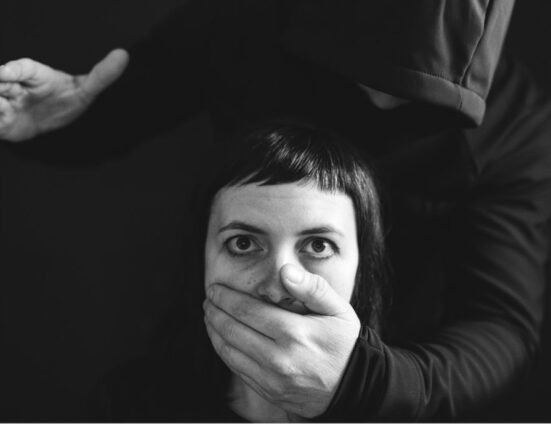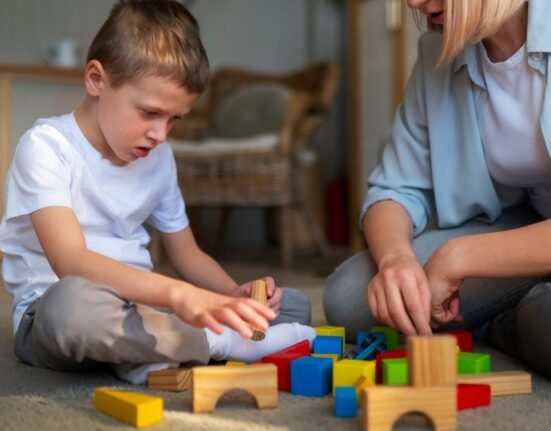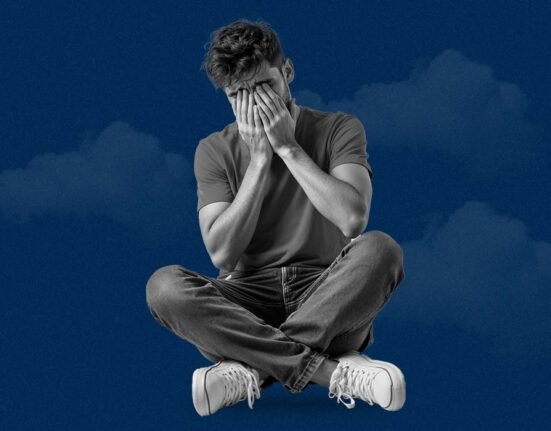Given the scenario amid on-going pandemic, it is natural for people to experience stress, anxiety, apprehension and uncertainty. However with prolonged stress and anxiety people may begin to experience negative health outcomes. An individual may suffer from existential crisis as a result of which they may fail to understand the meaning and worth of one’s life. With COVID-19 and its deleterious repercussions, one may ponder over the question “what can I do to fight this pandemic as things are not in my control?” Such people tend to experience heightened level of stress and other negative feelings. An underlying phenomenon that these individuals exhibit is “external locus of control” which directly results in low self-efficacy.
WHAT IS LOCUS OF CONTROL?
Before defining locus of control it’s important to understand the meaning of the word ‘Locus’. Locus refers to the belief an individual holds with regards to the degree with which one’s life can be controlled. In other words it is the extent to which a person believes they are in control of the outcomes of their own life. Locus can be subdivided into two types each of which lie at the extremes of a continuum.
An individual with internal locus of control “believe they” can control their own life despite the events that happen around them and affect their lives. Such individuals hold beliefs such as “Despite the stressful situation amid COVID-19, I can still do things to make myself feel better” or “My safety is in my hands and I can get through this situation”. Individuals with a strong internal locus of control are high on self-efficacy i.e. belief that they will be able to get through this difficult time. However on the other hand are individuals with external locus of control, who believe that life is controlled by outside/external circumstances and there is barely anything they can do. Such individuals tend to always complain about the situation they are in. The cognition becomes problematic over time as people tend to believe and establish ruminative thoughts like “because I have no control over the situation therefore I am upset” or “I can barely do anything in this situation to make myself feel better”. Individuals with strong external locus of control show low self- efficacy i.e. belief that they will not be able to come out of this situation.
2-STEP SOLUTION TO FIGHT COVID-19
Accepting the reality of the pandemic and the hard time we all are facing as a community, an individual may find it overwhelming to cope up during this time. As locus of control shapes a person’s attitude during this period of pandemic, it’s important to take a conscious effort and try to engage in internal locus of control in order to foster mental health. The two qualities we need to practice to get through this period are- resilience and positivity.
Resilience refers to the ability to bounce back in times of stressful situation. The idea is to cope up mentally and physically to achieve a state of balance. Although the word sounds fancy, the road towards resilience requires an individual to actively engage and practice few skills. Being a psychologist by profession and dealing with patients on a daily basis, I recommend people to practice 5 Stress-Resilience skills. These are-
Self-Awareness refers to having a clear perception about one’s personality along with strengths, weaknesses, thoughts, feelings and emotions by engaging in introspection and reflection. Self-awareness allows an individual to see things from perspective of others, practice self-control, make better and informed decisions one encourage positive self-development.
Self-care refers to making certain lifestyle changes like eating healthy, exercising more, engaging in relaxation techniques like meditation and yoga and reducing work load. Personal care of one’s own mental and physical health is important not only during the time of adversities but also on a regular day. An individual who neglects self-care is at risk of engaging in maladaptive coping strategies and this is directly related to high stress levels.
Mindfulness refers to being aware and in the moment. It’s a state of being vigilant to all the thoughts, bodily sensations and immediate environment. To achieve a state of being ‘mindful’ one needs to practice letting go of thoughts wherein an individual should try to think about the present moment rather rehashing the past or imagining the future.
Positive relationships are people who support and care for us. Seeking positive relationships during the time of adversity acts as a buffer and a protective factor. Building positive and meaningful relationships with others (parents, siblings, friends, and teachers) fosters overall happiness as a result of which we feel fulfilled, supported and connected and satisfied.
Positive affirmations are brief phrases which lead to positive thinking. As we know that our thoughts over a period of time become our reality. Therefore during this stressful period it’s important for people to breed on positivity by practicing positive statements like “I choose to be happy” “I decide how I feel, not anybody else”, “I am strong and resilient and I can get through this difficult phase”. Practicing such phrases directly enhance self-efficacy thereby making individuals believe in their ability to get through this difficult period.
With the help the above skills, individuals can learn to develop and implement the 2-step solution to combat the on-going pandemic. At the end, I would like to conclude this article with one of my favourite quote- “You may not control all the events that happen to you, but you can decide not to be reduced by them.” Therefore, the ultimate the power to face and get through COVID-19 resides in one’s own hand.












Leave feedback about this